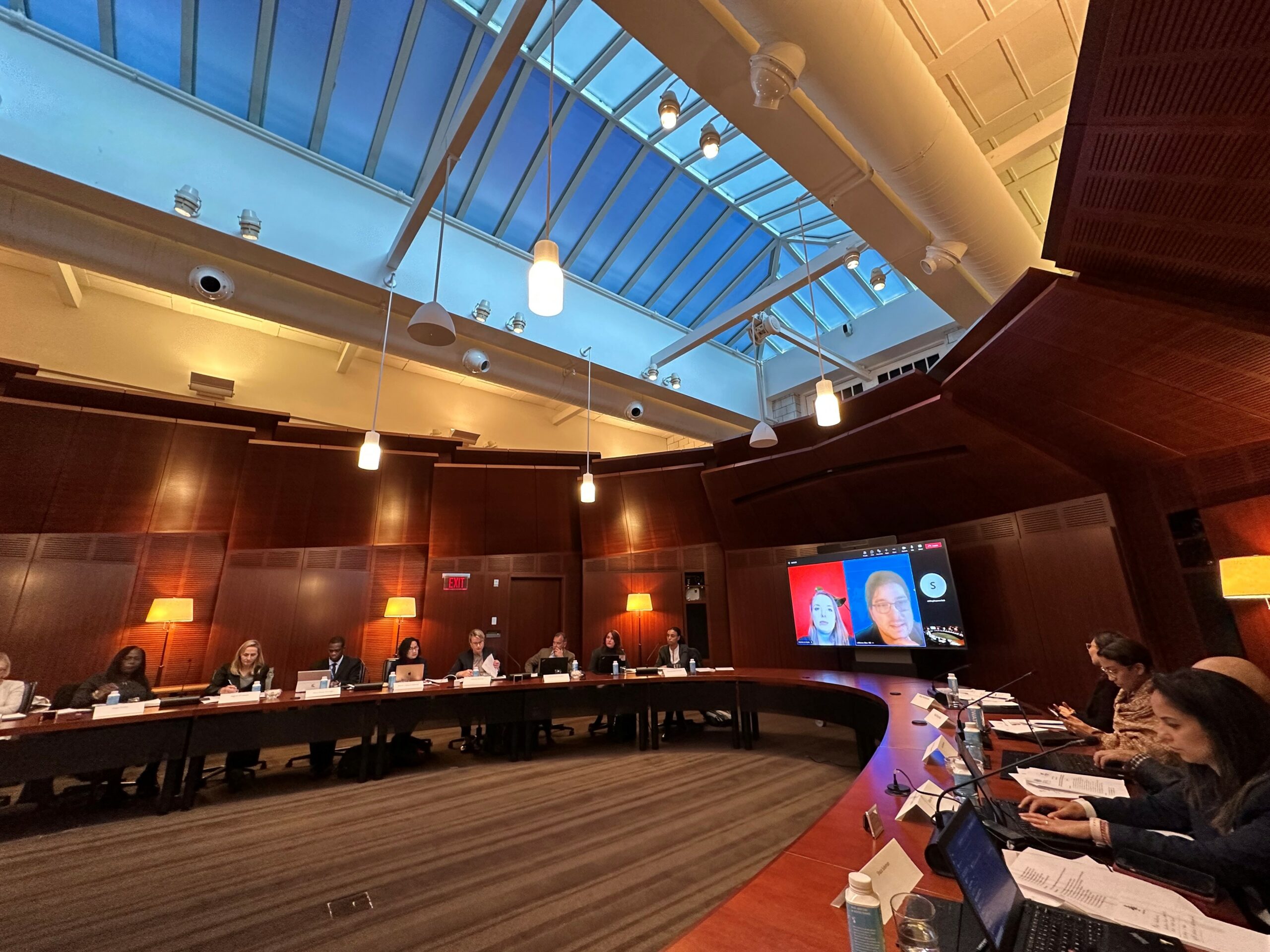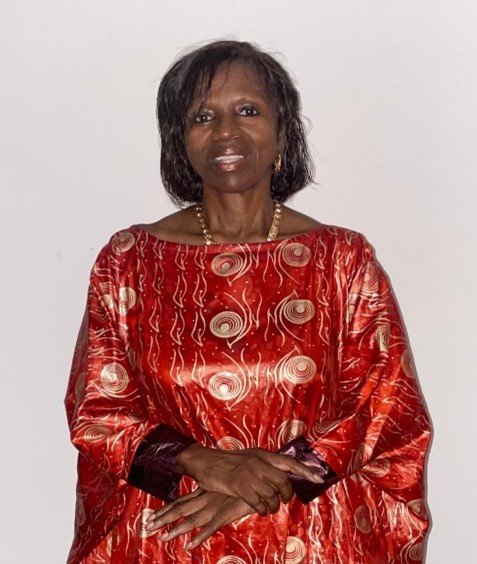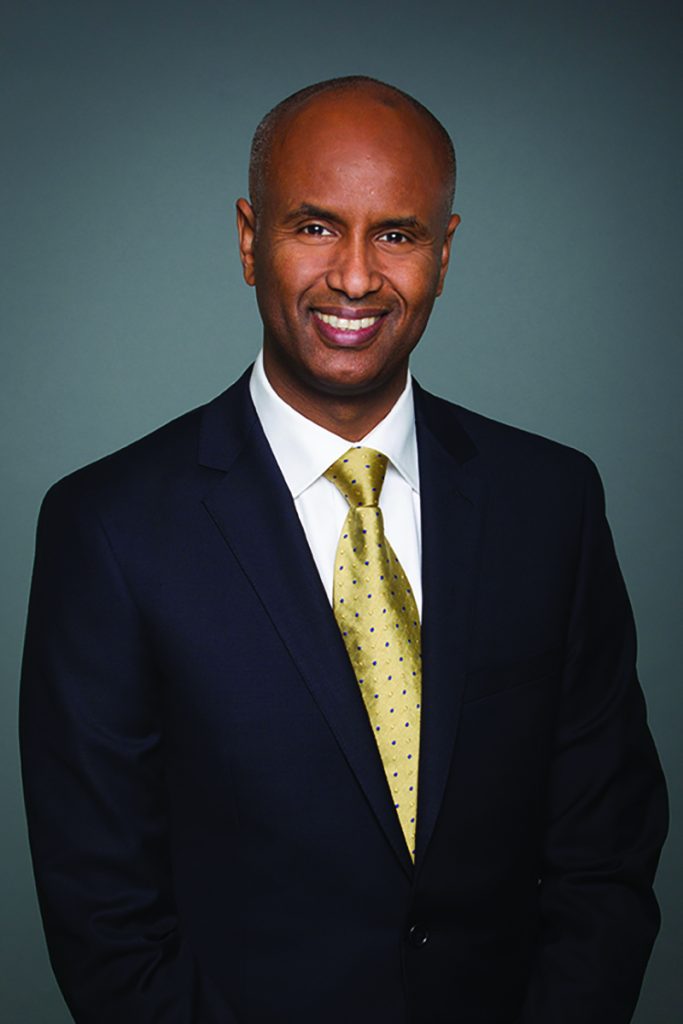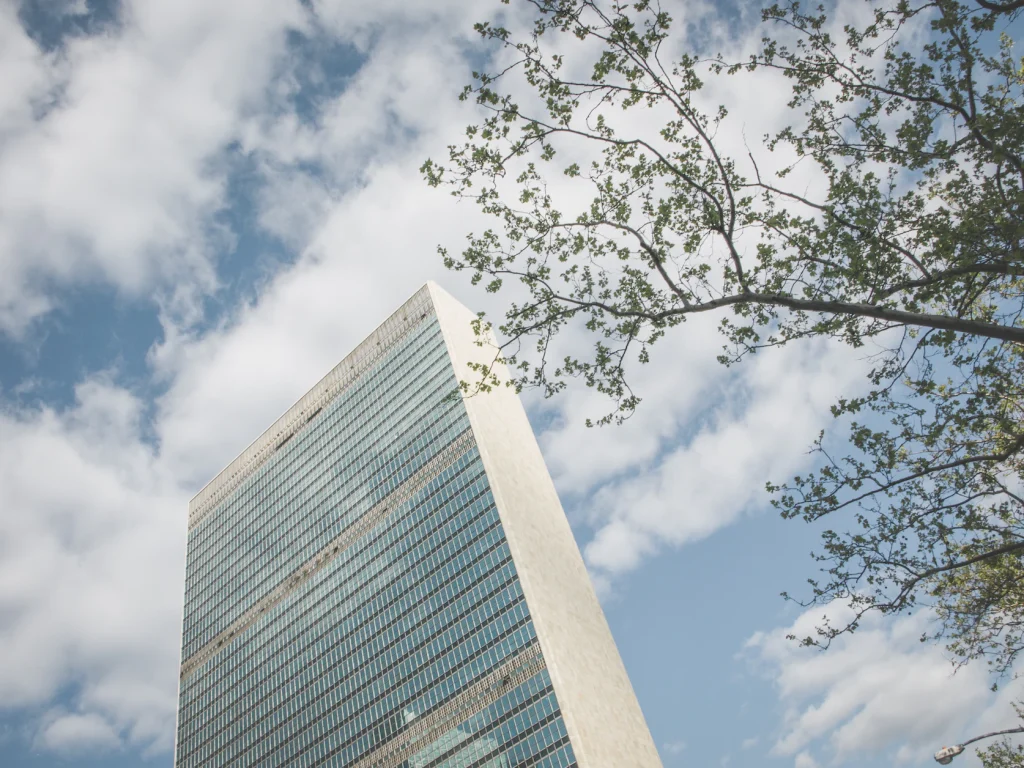About the IDPS
The first forum for political dialogue bringing together countries affected by conflict and fragility, development partners, and civil society.

Mission statement
The IDPS is the first forum for political dialogue bringing together countries affected by conflict and fragility, development partners, and civil society.
Through its platform, IDPS aims to build political momentum for change and trust between fragile and conflict affected countries, development partners, and civil society, seeking to transform the way national and international partners work together to promote peacebuilding and statebuilding and work towards country led pathways out of fragility.
History
The origins of the International Dialogue date back to the 2005 Paris Declaration on Aid Effectiveness, which recognized the need for a consensus on special measures to improve aid effectiveness in situations of conflict and fragility.
Subsequently, in 2007, the DAC Fragile States Principles were launched to provide a set of guidelines for actors involved in development co-operation, peacebuilding, statebuilding, and security efforts in fragile and conflict affected states. Later, in 2008, in Accra, at the 3rd High-Level Forum on Aid Effectiveness, a number of fragile states –later grouped as the g+7 – called for a dialogue in which they could have an equal voice to development partners in establishing peacebuilding and statebuilding priorities.
The IDPS was officially created in 2008, with the mandate to develop a set of peacebuilding and statebuilding objectives and an action plan for effective engagement in fragile states. The early findings of the Dialogue were presented at the 4th High Level Forum in 2011 in Busan, where Ministers and senior officials from the g7+ group and development partners endorsed The New Deal for Engagement in Fragile States and made specific commitments to implement its provisions.
our structure
The members of the International Dialogue include the International Network on Conflict and Fragility (INCAF), the g7+ group of fragile and conflict-affected states, and member organisations of the Civil Society Platform for Peacebuilding and Statebuilding (CSPPS).
CSPPS
The Civil Society Platform for Peacebuilding and Statebuilding (CSPPS) brings together a diverse group of Civil Society Organizations (CSO) and experts, both from g7+ countries and from civil society organizations, working on issues of peacebuilding, statebuilding, conflict and fragility at regional and global levels.
G7+
The g7+ is a voluntary association of 20 countries that are or have been affected by conflict and are now in transition to the next stage of development. The main objective of the g7+ is to share experiences, and to advocate for reforms to the way the international community engages in conflict-affected and fragile states.
INCAF
The International Network on Conflict and Fragility (INCAF), a subset of the OECD Development Assistance Committee (DAC), is a forum which helps development partners and international organisations respond to conflict and fragility by working on cutting-edge policy and programming.
The two co-chairs work to represent fragile states and development partners, providing strategic direction and leadership for the Dialogue.

H.E. Kenyeh Barlay
Minister of Planning and Economic Development, Sierra Leone, co-Chair of the International Dialogue, and Chair of the g7+ group of fragile states.

H.E. Ahmed Hussen
Minister of International Development, Canada, co-Chair of the International Dialogue.

Heading text…
The IDPS Secretariat is hosted by the United Nations Development Programme (UNDP)’s Crisis Bureau, Conflict Prevention, Peacebuilding and Responsive Institutions Unit.
UNDP helps countries anticipate, prevent, respond to and recover from crisis, every day, and in every development context. As the world experiences rising violent conflict, the impacts of the climate crisis, deepening mistrust in institutions, and the sharpest drop in human development in decades, we are stepping up our crisis offer. Today, we focus on breaking the cycle of fragility, getting ahead of the crisis curve, and investing in hope – from jobs to justice – in times of crisis.
Areas of focus
A new phase of the International Dialogue on Peacebuilding and Statebuilding was initiated in 2022 with the UNDP assuming Secretariat functions until 2024.
Building on the Peacebuilding and Statebuilding Goals as a crucial foundation to guide their work in fragile and conflict-affected states, and against the backdrop of today’s pressing global peacebuilding and statebuilding challenges, IDPS identified three priority areas for their engagement in 2022-2024.
Conflict, Development, and the Future of Peacebuilding
Advancing country-level engagement on key global policy agendas
Resourcing for Peace
The IDPS supports the implementation of this vision in the following ways:
- High level meetings and advocacy building on existing policy spaces and utilizing IDPS itself as a policy space.
- Country-to-country exchanges to promote South-South and triangular knowledge exchange.
- In-country dialogues to translate the IDPS agenda and policy efforts into concrete action on the ground.
- Facilitating capacity support for IDPS constituency and partners to ensure effective and inclusive implementation of the peacebuilding and statebuilding agenda.

